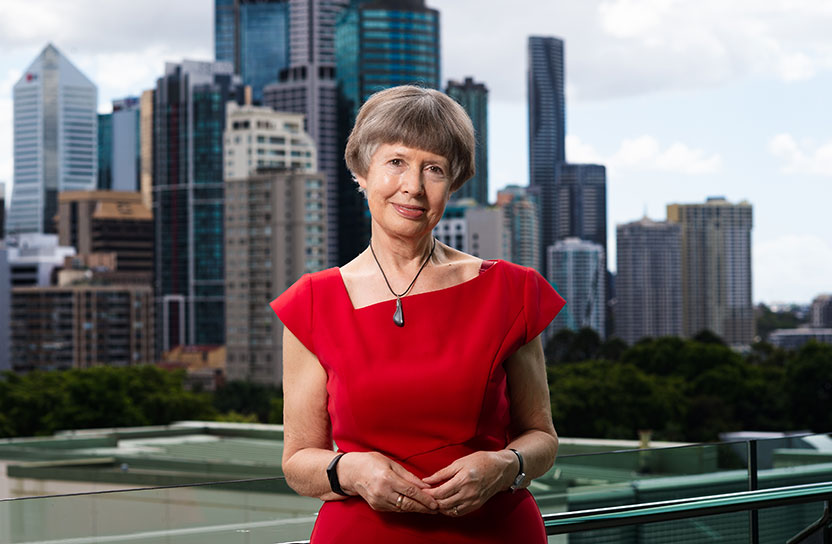
Professor Lidia Morawska has been awarded the prestigious Prime Minister’s Prize for Science in recognition of her groundbreaking contributions to the field of air pollution science. The award highlights her efforts to redefine the understanding of airborne particles and their implications for human health and environmental safety.
Since her election to the Australian Academy of Science in 2020, Professor Morawska has emerged as a leading authority on the effects of atmospheric pollution. Her research focuses on the health risks associated with poor air quality, a concern that has gained urgency in recent years. The president of the Academy, Professor Chennupati Jagadish AC, emphasized the significance of this award, stating that it celebrates Morawska’s commitment to advancing clean indoor air initiatives.
“Lidia’s research extends beyond an academic pursuit; her tireless advocacy has elevated air quality from a niche concern to a global public health priority,” said Professor Jagadish.
In 2021, Professor Morawska was named one of TIME magazine’s 100 most influential people for her pivotal role in persuading the World Health Organization to recognize that COVID-19 can be transmitted through the air, particularly in indoor settings. Her ongoing efforts have led to significant advancements in public policy regarding indoor air quality.
Blueprint for Clean Indoor Air
In 2024, Morawska spearheaded a multidisciplinary team that developed a comprehensive blueprint aimed at improving indoor air quality globally. This initiative serves as a guideline for governments and organizations seeking to establish regulatory standards. In a recent video produced by the Academy, she pointed out that while the water we drink and the food we consume are subject to strict regulations, “indoor air, which we take into our lungs 12 times a minute, is not regulated at all.”
The implications of poor indoor air quality are severe, as Australians typically spend around 90% of their time indoors. Exposure to indoor pollutants has been linked to various health issues, including respiratory illnesses, allergies, and chronic conditions. Professor Morawska’s advocacy for clean indoor air gained further momentum during a high-level event held on the sidelines of the 80th UN General Assembly in September 2025. At this gathering, over 150 organizations signed a global pledge to recognize clean indoor air as essential to public health and well-being.
“Lidia has been essential to the international effort calling for recognition of clean indoor air as a fundamental human right,” Professor Jagadish stated.
Recognizing Excellence in Science
The Australian scientific community also celebrated the achievements of Professor Yao Zheng, who was awarded the Malcolm McIntosh Prize for Physical Scientist of the Year. Professor Zheng’s innovative method for producing ultrapure hydrogen from untreated seawater through electrolysis represents a significant breakthrough in sustainable energy research. His work is part of a broader movement towards disruptive innovations aimed at fostering more sustainable societies.
Professor Zheng previously received the Academy’s Le Fèvre Medal in 2024 for his contributions to the field, underscoring the importance of scientific research in addressing global challenges.
The Australian Academy of Science congratulates all recipients of this year’s prizes, which symbolize the country’s highest acknowledgment of scientific excellence. These awards not only celebrate individual achievements but also highlight the vital role of research in shaping a healthier, more sustainable future.







